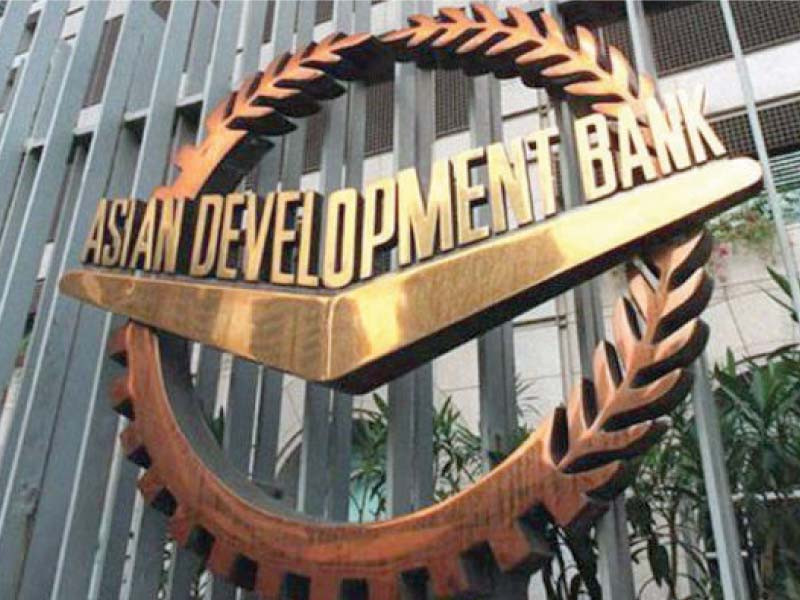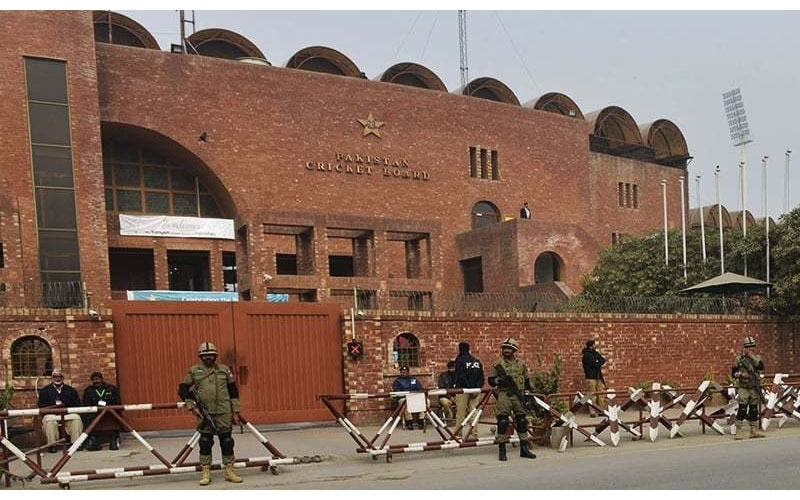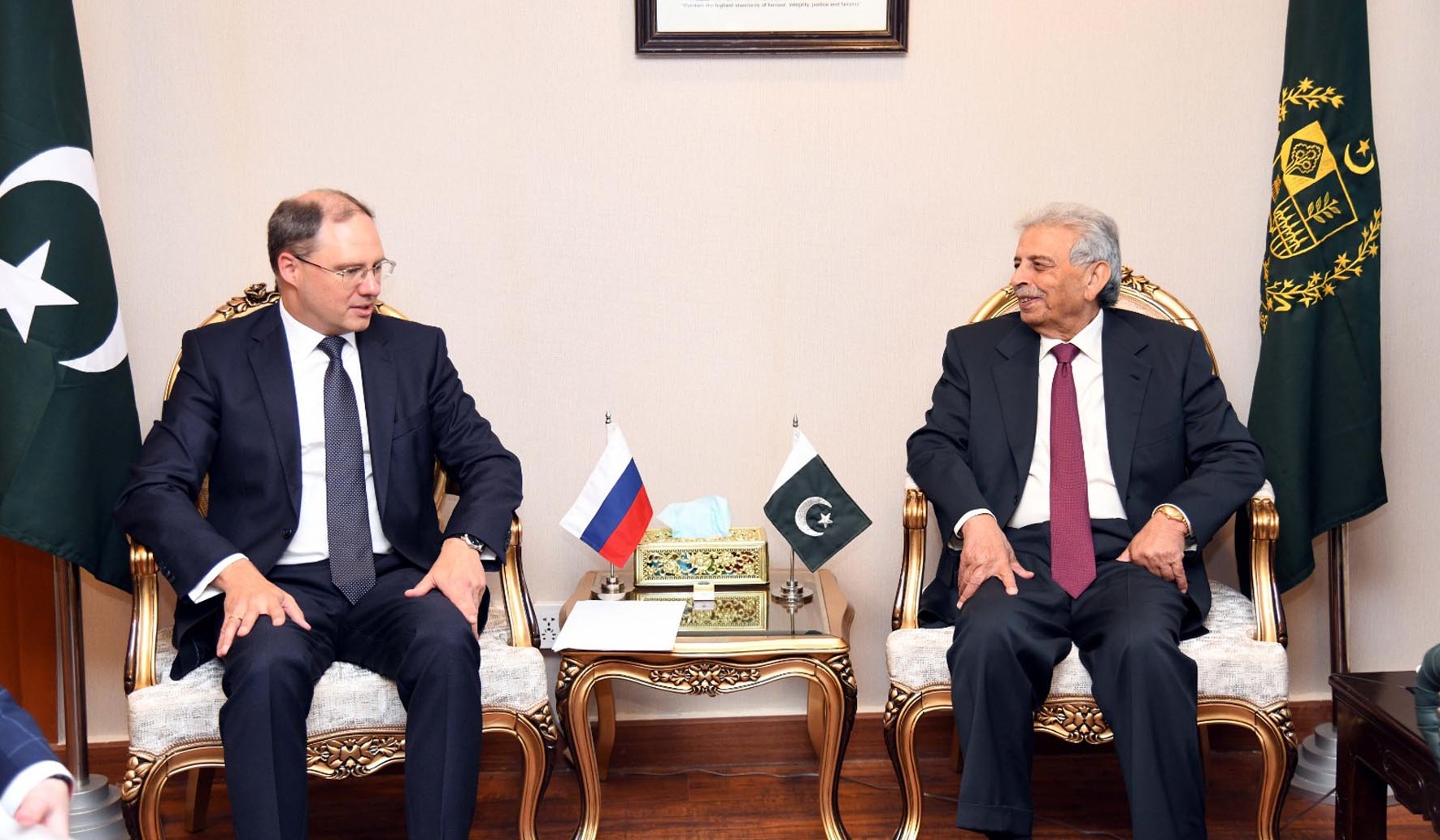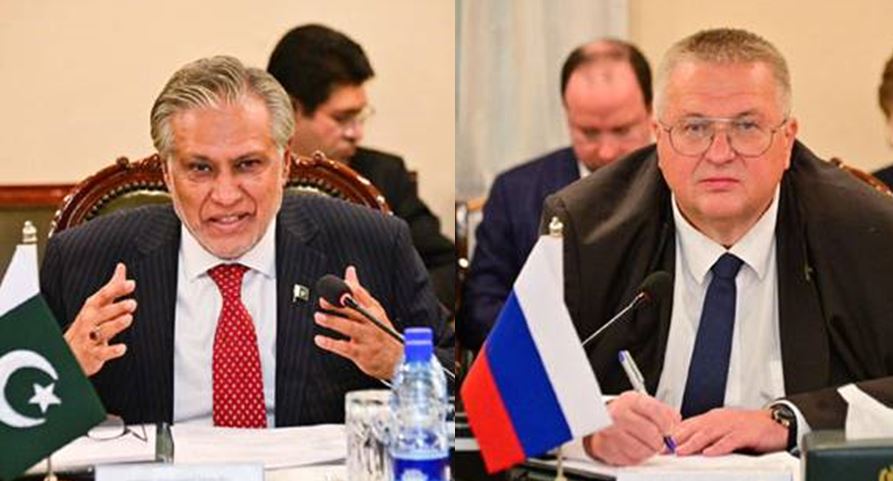ISLAMABAD:
The government, on Monday, greenlit the acquisition of a hefty $500 million loan from the Asian Development Bank (ADB) aimed at fostering an ‘enabling environment to attract private investment’. This strategy, while addressing immediate fiscal requirements, is also driving Pakistan further into the debt trap.
The Central Development Working Party (CDWP) endorsed the “concept proposal” for the $500 million loan under the Promoting Sustainable Public-Private Partnership Programme, according to the Planning Ministry. Chaired by Deputy Chairman Dr Jehanzeb Khan, the CDWP meeting facilitated this decision.
The loan will be acquired as budget support, and in exchange, Pakistan has revised existing policies, developed new ones, and committed to establishing two funds. Once all conditions are met, the ADB is anticipated to present the case to its board for the approval of the initial $250 million tranche.
While budget support loans commonly serve debt servicing needs, in the long run, they exacerbate the country’s indebtedness since there are no assets to offset these loans. Pakistan’s external debt and liabilities surpassed $131 billion by the end of December.
According to the decision, Pakistan will receive the loan in two instalments, with an interest rate ranging from 2% to 6.5%. The larger portion will be obtained at the higher rate, making it a costly borrowing option. The majority of the loan will have a duration of only seven years.
The CDWP was informed that the ADB will finance the loan using its regular Ordinary Capital Resources (OCR) and Concessional Ordinary Capital Resources (COL). The OCR is available for a duration of only seven years, with an interest rate comprising the Secured Overnight Financing Rate (SOFR) plus 75 basis points contractual spread plus surcharge, resulting in a total lending rate of around 6.5%. While the interest rate on the concessional component is 2%, the Ministry of Finance informed the CDWP that the primary financing is provided through OCR, which is the more expensive borrowing option.
The Planning Commission suggested that the finance ministry should endeavour to secure a loan from ADB COL instead of OCR. However, given Pakistan’s vulnerable external position, low credit rating, and limited quota, ADB is unlikely to offer a concessional loan.
The programme documents indicate that the $500 million loan will be utilised to enhance the enabling environment for infrastructure financing and public-private partnerships (PPP) at the federal level.
Read Pakistan, ADB discuss uplift initiatives
Through these efforts, the government aims to attract private finance for infrastructure investments in priority sectors such as roads, housing, health, education, water & sanitation, and technology. Notably, these measures do not necessitate any foreign lending.
Pakistan received foreign loans of less than $9.5 billion during the first eight months of the current fiscal year, encountering difficulties in obtaining fresh loans from its two largest multilateral lenders. The ADB disbursed only $635 million during this period, constituting 31% of the annual estimate of $2.1 billion.
The Planning Commission noted that the scope of the $500 million loan is generic, as the proposal lacks details on core policies, actions, deliverables, and specific outcomes of the programme. These missing elements need to be included in the concept proposal, according to the Planning Commission.
The policy loans are being acquired to promote the sustainable Public-Private Partnership Programme; thus, it is imperative to allocate adequate funds from the regular budget to further bolster the Public-Private Partnership Authority (P3A), as highlighted by the commission. The details reveal that Pakistan has fulfilled nearly a dozen conditions to qualify for the loan. The last condition, pertaining to the approval of the federal PPP Policy, was submitted to the federal cabinet last week. This action is deemed critical by the lender.
The government has also committed to establishing and activating two funds – the PDF Fund and the Viability Gap Fund (VGF). It has pledged to allocate annual funds in the budget to ensure the continuous operation of these funds. Additionally, the PPP Authority board has already endorsed the regulations for these two funds.
The government has also approved project criteria regulations, project preparation appraisal, and development guidelines to meet the loan requirements. Pakistan also endorsed technical assistant regulations for the direct contracting of international financial institutions, as stipulated by the ADB condition. Islamabad has also approved the Gender Disparity and Inclusion Policy and fiscal commitment and contingent liabilities guidelines to qualify for the loan.
Last week, Finance Minister Muhammad Aurangzeb discussed the pending approvals of two budget support loans with the ADB’s country head. Pakistan is eager to secure funding for both the PPP programme and the Climate and Disaster Resilience Enhancement Program (CDREP).
While the country has fulfilled the conditions for the PPP, challenges persist in meeting the requirements for CDREP.
Published in The Express Tribune, April 2nd, 2024.
Like Business on Facebook, follow @TribuneBiz on Twitter to stay informed and join in the conversation.


 Technology6 مہینے ago
Technology6 مہینے ago
 Pakistan7 مہینے ago
Pakistan7 مہینے ago
 Sports6 مہینے ago
Sports6 مہینے ago
 Pakistan6 مہینے ago
Pakistan6 مہینے ago
 Entertainment6 مہینے ago
Entertainment6 مہینے ago
 Pakistan6 مہینے ago
Pakistan6 مہینے ago
 Sports5 مہینے ago
Sports5 مہینے ago
 Entertainment6 مہینے ago
Entertainment6 مہینے ago











